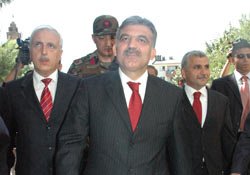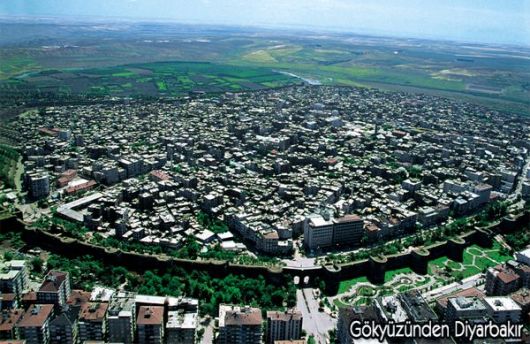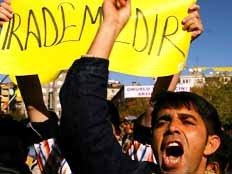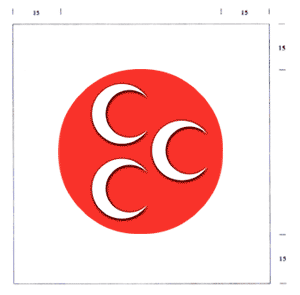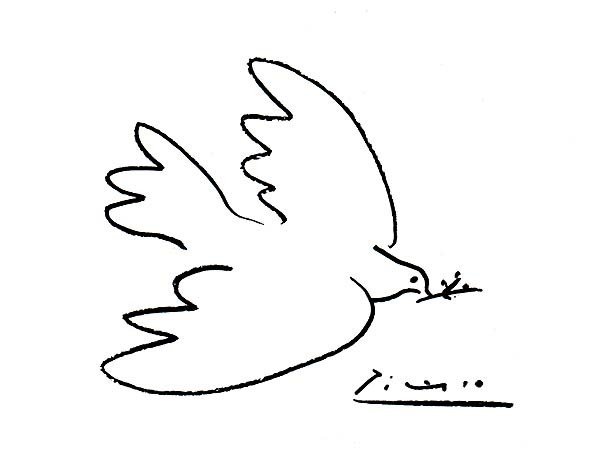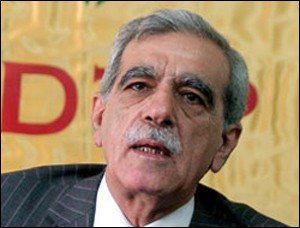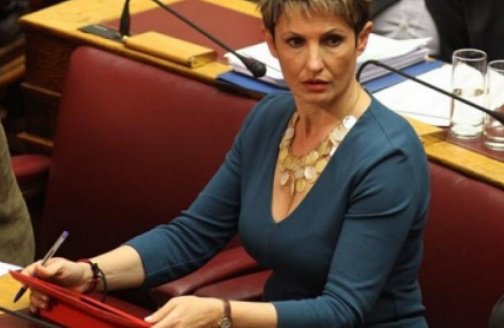At a "Democratic Society Congress" organised by the Democratic Society Party (DTP) in Diyarbakir on 26-28 October, there was a demand for "democratic autonomy". Furthermore, cross-border operations and lynch attempts towards Kurdish individuals and institutions were condemned.
It was also said that Abdullah Öcalan, "the leader of the Kurdish people" would be very important in a democratic solution to the Kurdish question.
"Democratic Autonomy"
According to the congress report, the following were discussed:
"When in a country as a whole the people are guaranteed input and decisions at the local level, and when enough autonomy has been won in order to express oneself freely and with all differences, then this model is called 'democratic autonomy'."
The report suggests a gradual strengthening of the administration at the levels between central government and provinces, and that each region should be given its own name or be called after the largest province within its borders. It was said that 20 to 25 regional parliaments could be founded, and that Turkey’s geography needed to be explored.
Radical reforms needed
The report further calls for:
- Radical reforms in Turkey's political and administrative structure in order to ensure democratisation
- In order to develop problem-solving approaches, the local level should be strengthened
- The people should be involved in decision-making processes and all local units should be based on the parliamentary system
- Instead of autonomy based on "ethnicity" or "territory", it suggests regional and local structures which allow for the expression of cultural difference
- While the present flag and official language should still be valid for the "nation of Turkey", each region and autonomous unit would have its own democratic government with its own colours and symbols
- Change cannot be achieved only by changing the government system but should be predicated on society's self-sufficiency.
The report also called for a change from the definition of "nation" with an ethnic emphasis to the term "The nation of Turkey", in order to find a shared sense of belonging.
Instead of defining everyone as "Turks", this alternative term would accept cultural identities and a super-identity of "citizen of Turkey".
"Our explicit political aims are for barriers against all languages, first of all Kurdish, and cultures to be removed and for a redefinition of "citizenship" and "nation" based not on exclusive ethnic references but in a democratic manner." (NZ/AG)





